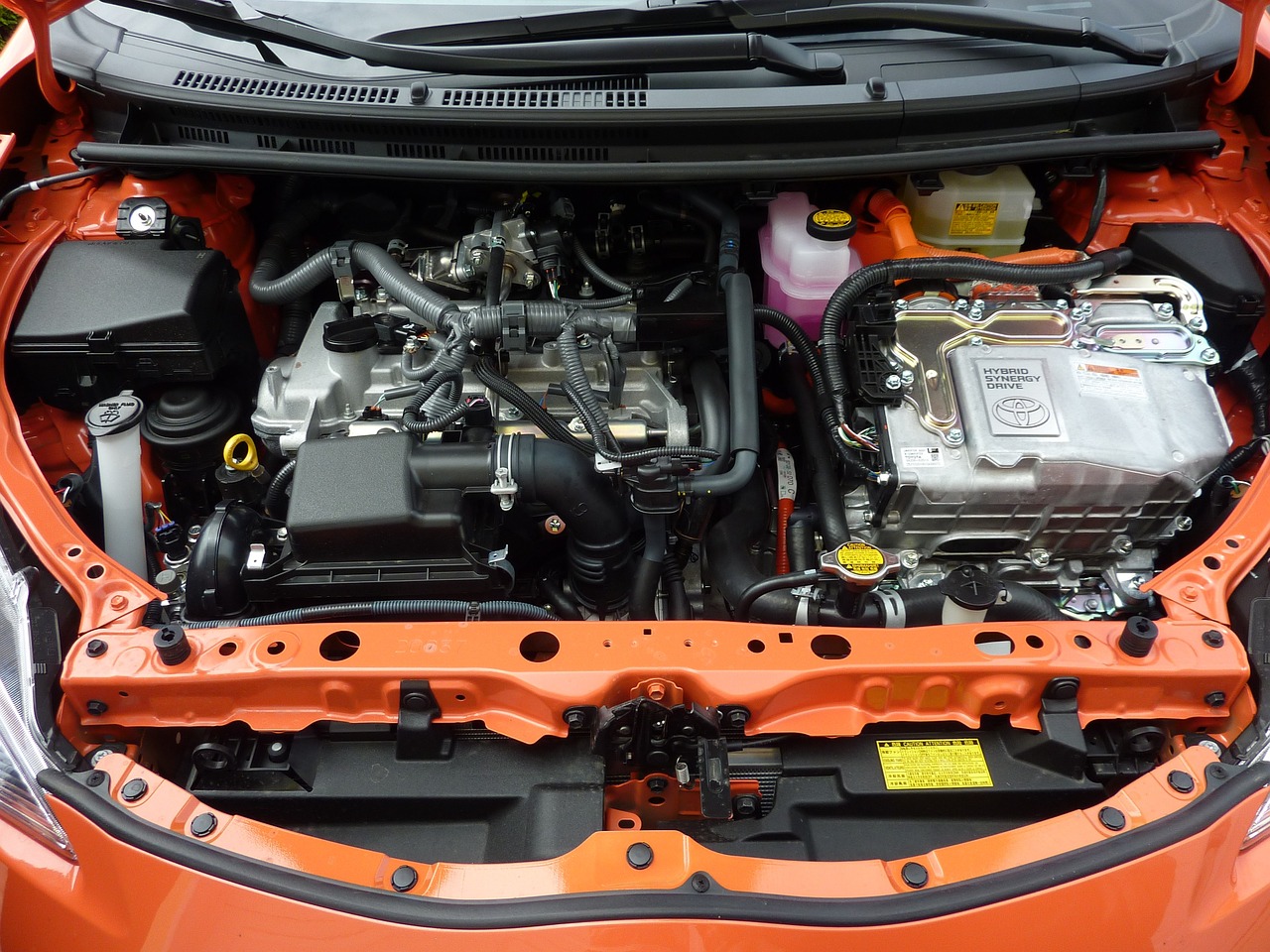Are you tired of struggling to make ends meet? Do you wish for a better financial future? Look no further! In this blog post, we will be discussing 7 practical ways to improve economic conditions. Whether it’s finding new sources of income or cutting back on expenses, these tips are sure to help boost your financial situation and set you on the path towards success. So grab a pen and paper and get ready to take notes – let’s dive in!
Increasing the Minimum Wage
One way to improve economic conditions is to increase the minimum wage. According to the National Employment Law Project, “Raising the minimum wage is an effective way to boost wages and put more money into the pockets of working families. It is also one of the most efficient tools available for reducing poverty and income inequality.”
A higher minimum wage results in a number of positive outcomes for both workers and businesses. For workers, it means more money in their pockets to spend on basic necessities or save for future goals. This extra spending power increases demand for goods and services, which benefits businesses by stimulating economic growth. In fact, a study by the University of California-Berkeley found that raising the minimum wage resulted in increased sales at small businesses without any negative effect on employment levels.
There are many different ways to set and implement a higher minimum wage, so it’s important to tailor any policy changes to fit the specific needs of your community. But one thing is clear: increasing the minimum wage is a key step in improving economic conditions for everyone.
A Universal Basic Income
A universal basic income (UBI) is a proposed system of social welfare in which all citizens of a country or other jurisdiction receive a regular, unconditional sum of money from the government. The purpose of a UBI is to provide all citizens with a basic standard of living, regardless of their income or employment status.
The concept of a UBI has been around for centuries, and has been advocated by everyone from Thomas Paine to Martin Luther King Jr. In recent years, the idea has gained increasing traction as automation and globalization have led to mass job loss and increased inequality.
There are many different ways to design a UBI system, but they all share the same fundamental principle: that everyone deserves a basic level of financial security. A UBI would go a long way towards reducing poverty and inequality, and could have wide-ranging positive impacts on society as a whole.
Critics argue that a UBI would be too expensive to implement, and would encourage people to stop working. Others argue that it would do nothing to address the root causes of poverty and inequality. But there is growing evidence that a UBI could be an effective way to improve economic conditions for everyone.
Reducing Unemployment
There are many ways to reduce unemployment, but some are more effective than others. One way to reduce unemployment is to provide training and education programs that help workers acquire the skills they need to find jobs. Another way to reduce unemployment is to offer incentives for businesses to create new jobs.
Investing in Infrastructure
A strong economy depends on a well-functioning infrastructure. Unfortunately, our nation’s infrastructure is in need of significant repair and improvement. According to the American Society of Civil Engineers, our roads, bridges, drinking water systems, and other infrastructure received a D+ grade in 2017.
Investing in infrastructure has many benefits. It can create jobs, spur economic activity, and make our communities better places to live. In fact, every $1 spent on transportation infrastructure creates $3 in economic activity. Yet despite the clear benefits, investment in infrastructure has declined in recent years.
There are many ways to improve economic conditions, but investing in infrastructure is one of the most important things we can do. It’s time for our elected officials to prioritize this issue and make the necessary investments to rebuild our crumbling infrastructure.
Tax Reform
The United States’ tax code is in desperate need of reform. The current system is complex, outdated, and full of loopholes that benefit the wealthy and well-connected. Tax reform would make the tax code simpler and more fair, while also raising revenue to fund vital government programs.
One way to reform the tax code would be to eliminate loopholes and special provisions that disproportionately benefit the wealthiest Americans. Another way would be to lower overall tax rates while eliminating deductions and credits that primarily benefit high-income households. Finally, we could reform the corporate tax code to make it fairer and more efficient.
These are just a few ideas for how to improve our nation’s tax code. We need a comprehensive overhaul of the system in order to make it simpler, fairer, and more effective at raising revenue.
Education Reform
There is no question that our education system needs reform. The United States spends more money per capita on education than any other country, yet our students rank near the bottom of international tests. Our high school graduation rate is below average, and we have one of the highest rates of income inequality.
It’s time for a comprehensive overhaul of our education system. We need to invest in early childhood education, provide support for struggling schools, and make college affordable for all. We also need to revamp our approach to testing and accountability.
Early childhood education is a proven way to increase academic achievement and close the achievement gap. Children who attend high-quality preschool are more likely to succeed in school and life. Yet, only about 3 in 10 4-year-olds in the U.S. are enrolled in publicly funded preschool programs.
We need to do more to support struggling schools. Schools with high concentrations of poverty face significant challenges, including limited resources, large class sizes, and high rates of student mobility. These challenges must be addressed if we want all children to have a chance at success.
Making college affordable is critical to ensuring that all Americans have access to higher education. Student loan debt has reached an all-time high of $1 trillion, with 7 million Americans delinquent on their payments. We need to find ways to make college more affordable so that students don’t graduate with crippling debt levels.
Our current testing regime is not working
Financial Regulation
There are many ways to improve economic conditions, but one of the most important is to ensure that financial regulation is adequate. Financial regulation refers to the set of rules and guidelines that govern the financial sector. It is designed to protect consumers and promote stability in the financial system.
Financial regulation has come under increased scrutiny in recent years, as a number of high-profile financial scandals have highlighted the need for stronger regulations. In response to these scandals, many countries have implemented reforms to their financial regulatory systems.
One way to improve financial regulation is to increase transparency. This can be done by requiring companies to disclose more information about their finances, including their income, expenses, and debts. Additionally, regulators should make it easier for consumers to understand financial products and services before they purchase them.
Another way to improve financial regulation is to strengthen enforcement. Regulators should have stronger penalties for violations of financial rules and regulations. Additionally, they should be more proactive in investigating potential wrongdoing.
Finally, it is essential that financial regulators keep up with the latest developments in the financial sector. They must constantly adapt their regulations to keep pace with changes in the marketplace. By taking these steps, we can improve economic conditions and help prevent future crises.










